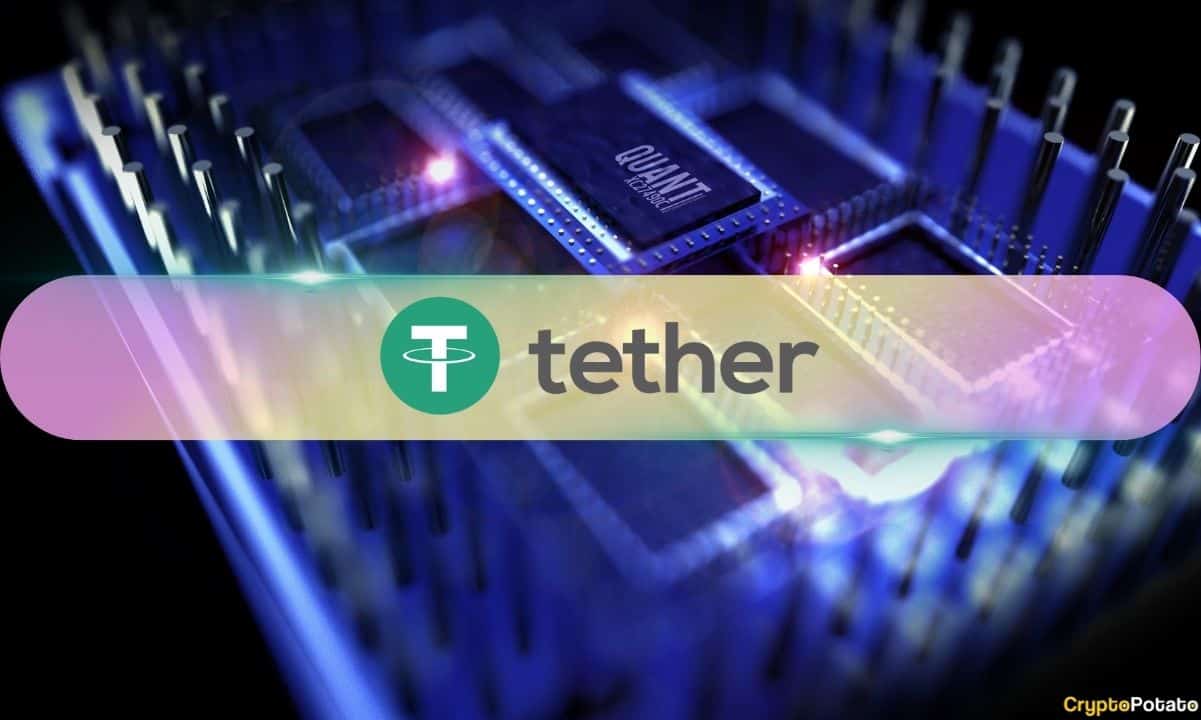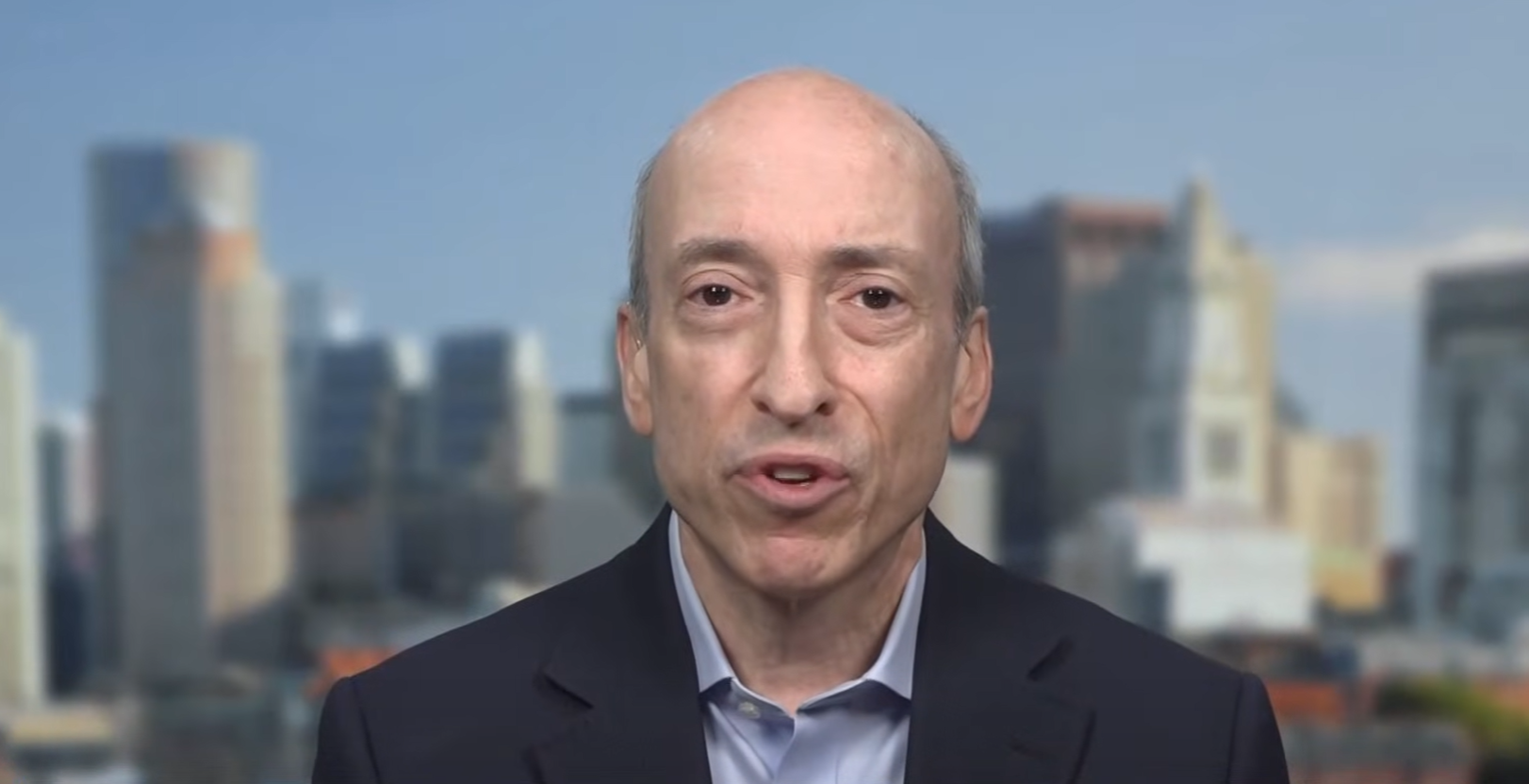💰 IMF’s Struggle to Suppress the Monetary Revolution
The International Monetary Fund (IMF), a cornerstone of the global fiat currency system, has consistently opposed alternative financial models. Fiat money—created at will and backed by debt—is both the foundation of the IMF’s power and a necessary condition for its existence. Anything that threatens fiat supremacy is seen as a direct challenge to its authority.
For decades, the IMF has been hostile to gold, particularly proposals to restore a gold-backed monetary system. Now, Bitcoin has become its new target—an asset that not only serves as a viable alternative to debt-based money but also offers a lower barrier to entry than gold. Bitcoin’s mere existence exposes the fragility of fiat money, highlighting that massively printed, unbacked currency is fundamentally worthless.
🔥 El Salvador Stands Firm Against IMF Pressure
El Salvador, the first nation to adopt Bitcoin as legal tender, is at the forefront of a monetary policy revolution—a shift that directly challenges the IMF’s influence. The Fund has aggressively pressured El Salvador to abandon its Bitcoin strategy, warning of economic risks and even attempting to leverage financial agreements to enforce compliance.
But El Salvador has refused to back down. The government remains committed to long-term Bitcoin adoption, believing it to be a path toward financial sovereignty and economic empowerment. The IMF, fearing a domino effect where other nations follow suit, is using every available tool to keep El Salvador in the fiat system’s grip.
🔮 The Future of Bitcoin vs. Fiat
The IMF’s struggle against Bitcoin is more than just economic policy—it’s a battle between centralized financial control and decentralized monetary freedom. As El Salvador and other nations explore Bitcoin’s potential, the question remains: Will Bitcoin dismantle the fiat stronghold, or will institutions like the IMF succeed in suppressing the revolution?



